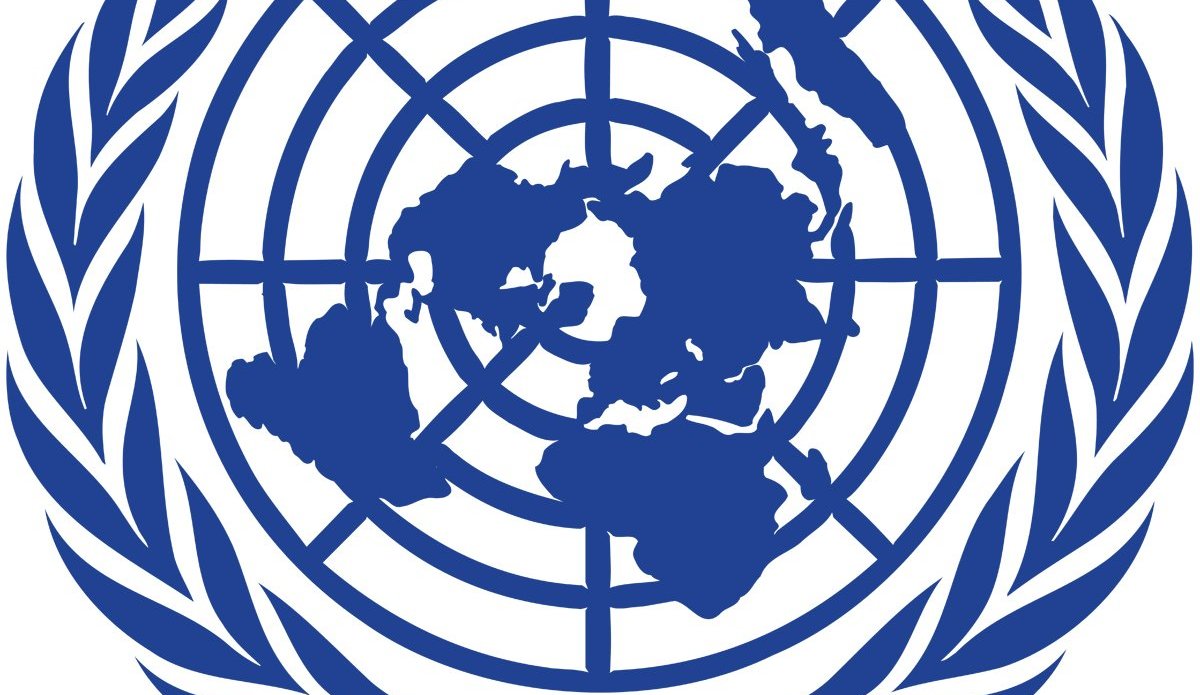UNAMA Year in Review December: Agencies deliver aid to to vulnerable Afghans
KABUL - The UN envoy to Afghanistan Kai Eide called for a “transition strategy” in Afghanistan, ahead of a new US plan for the country announced by President Barack Obama at the beginning of December.
Mr Eide said the building up of Afghan institutions was vital to a transition strategy, a process which could ultimately ensure sustainability.
He emphasized more responsibilities should be given to the Afghan authorities and the international community should “get together behind an Afghan programme that is sustainable” in a long-term commitment.
The UN Refugee Agency (UNHCR) launched a winterization programme to assist Internally Displaced People and returnees by distributing relief items in Kabul as part of a nationwide programme to help some 200,000 vulnerable Afghans survive the winter.
Statistics reveal that around 400,000 Afghans are seriously affected by natural disasters such as droughts, floods and extreme weather conditions each year.
For the winter, too, UN agencies such as UNICEF, UNHCR, and IOM procured non-food items, while the World Food Programme (WFP) continued with its regular winter programming that includes feeding 863,000 Afghans.
Meanwhile, the World Health Organization (WHO) took the first delivery of 550,000 Tamiflu vaccines, with an additional 1.8 million to arrive by April 2010 while swine flu was expected to increase throughout the country during the winter.
Despite the deteriorating security situation and challenging operating environment for the UN, other UN humanitarian and development activities continued throughout the country.
A new road between Sar-i-Pul and Sosma Qala supported by the Swedish Embassy and implemented by the United Nations Office for Project Services (UNOPS) was opened at the end of December.
A US$ 560 million plan to double the number of higher education places was launched in Kabul and US$ 1 million was contributed by UNESCO and the Government of Italy to develop the capacity of educational radio and television in Afghanistan.
A new vaccine against polio was used for the first time by UNICEF, as a campaign to immunize some three million children got underway.
In other developments, the International Committee of the Red Cross (ICRC) made its first visit to Afghan prisoners held by the Taliban and according to a UNODC report the potential export value of Afghanistan’s opium dropped 18 per cent in 2009, but the agency cautioned that further progress hinged on rooting out corruption in the South Asian nation.
The head of UNHCR in Afghanistan Ewen MacLeod, stated at a press conference that some 54,000 Afghan refugees returned from Pakistan and Iran in 2009 and the key factors to attracting more returnees were an improvement in economic growth and employment opportunities.
Human Rights Day 2009 focused on non-discrimination with the Deputy Special Representative of the Secretary-General for Afghanistan Robert Watkins saying: “The most manifest example of discrimination today in Afghanistan is, unquestionably, the “second class” status of the women and girls of this country….We need to confront this issue head on. We need male voices to say that violence against women is neither tolerable nor excusable.”
22 December 2009 marked the eighth anniversary of the inauguration of the Afghan Interim Authority (AIA) following the Bonn Agreement of 2001.
A staff member of the World Food Programme was among the eight people killed in a suicide bomb attack in central Kandahar on 24 December.
As the year ended, UN envoy Kai Eide voiced concerns over the mounting civilian toll and appealed to all of the armed actors “to make every effort to minimize harm to civilians and want to underline the importance of taking all precautionary measures to distinguish between civilians and combatants.”
By Kangying Guo, UNAMA
2009 September
2009 October
2009 November
 UN
UN







